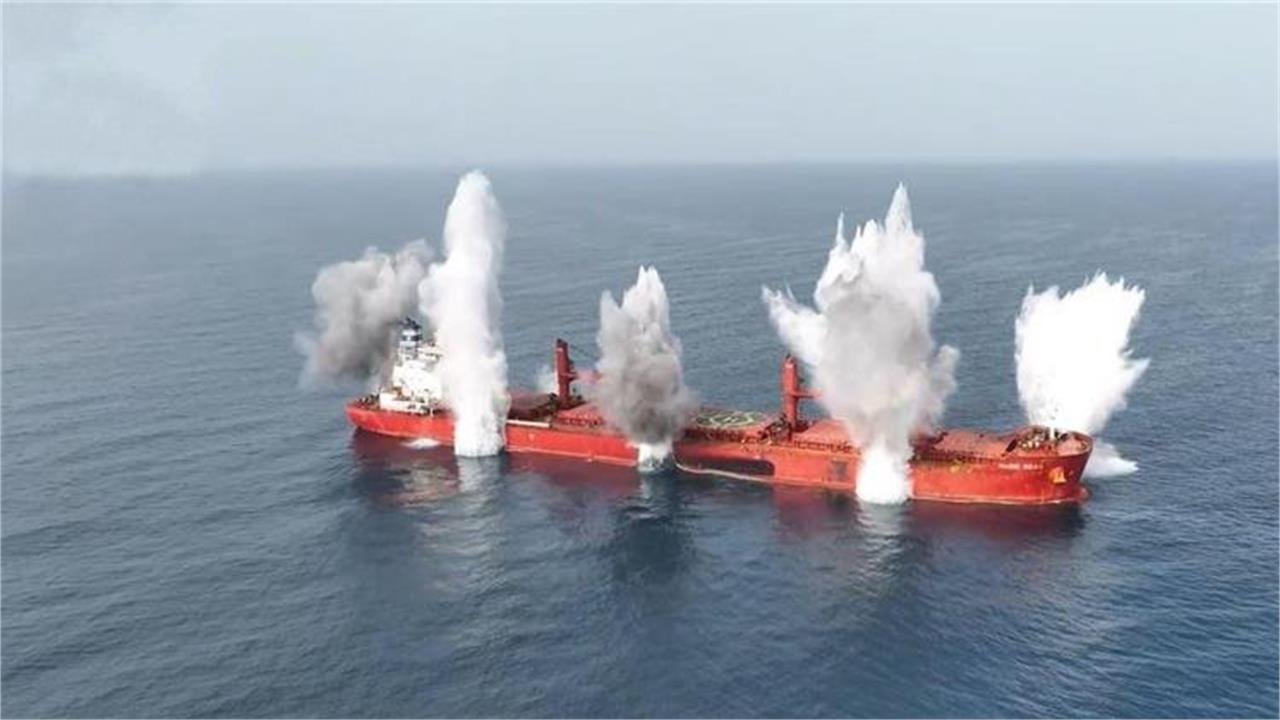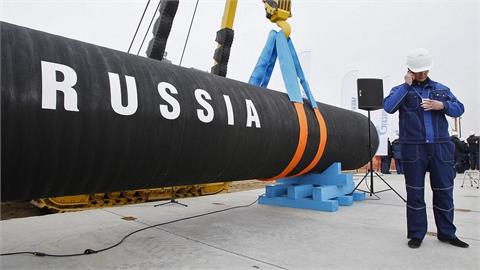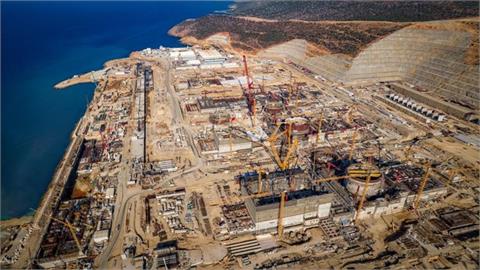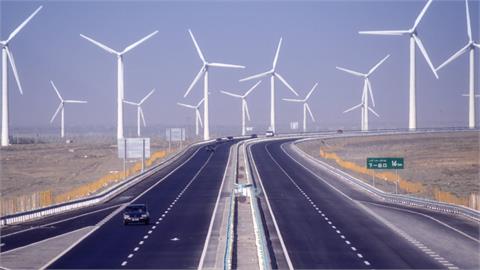A sharp escalation in maritime attacks over the past ten days is threatening global energy supply routes and raising alarm across the shipping and energy sectors. Oil and gas tankers — many of them Greek-owned — have been struck in separate incidents across the Red Sea, the Mediterranean, and the Baltic, revealing the growing vulnerability of marine energy logistics amid rising geopolitical tensions.
Two of the most alarming incidents occurred in the Red Sea, where the Eternity C and Magic Seas were targeted by Houthi militants. After sustaining missile strikes, both vessels were boarded and set ablaze. The outcome was tragic: both ships sank, four seafarers were killed, and several remain missing. These attacks occurred despite sustained bombardment of Houthi positions in North Yemen by Israeli, US, and UK forces. The Houthi rebels, aligned with Iran, remain operational and continue to disrupt critical maritime traffic through the Bab el-Mandeb Strait and the southern Red Sea.
The Red Sea is a vital chokepoint for global energy flows, especially for shipments from the Persian Gulf to Europe via the Suez Canal. Any sustained disruption in this corridor could lead to longer routes around the Cape of Good Hope, significantly increasing shipping times and costs. Many operators are already rerouting tankers to avoid the threat, compounding delays and logistical headaches.
But the Red Sea is not the only flashpoint. On June 28, the Vilamoura, an oil tanker operated by Greece’s TMS Tankers, was damaged by an underwater explosion off the coast of Libya in the Mediterranean. The vessel had previously visited Russian ports — Ust-Luga in the Baltic and Novorossiysk on the Black Sea — and although the cargo was not under sanctions, the connection may have made it a target. The Vilamoura managed to reach Piraeus, where significant hull damage was confirmed.
Then, on July 6, the Eco Wizzard, an LPG tanker owned by Stealth Gas — another major Greek shipping company, listed on the Nasdaq — was hit by a similar underwater blast in the Baltic Sea. Russian authorities are investigating this as the sixth such explosion in 2025 near Ust-Luga, with an ammonia leak suggesting damage to its cargo systems. These incidents raise growing concerns over the safety of vessels operating in and around Russian ports, even when not involved in sanctioned trade.
All three vessels — Eternity C, Vilamoura, and Eco Wizzard — were operating under international rules, transporting non-sanctioned cargoes, and are owned by well-established Greek companies. None were affiliated with the so-called “dark fleet” that has emerged to evade sanctions on Russian oil. The deliberate targeting of mainstream shipping assets marks a new phase in the weaponization of maritime space and signals an intent to intimidate operators servicing high-risk routes.
While international oil markets have not yet responded dramatically — with Brent crude still trading just under $70 per barrel as of Friday morning (July 11) — the sense of instability is growing. So far, robust global inventories and diversified sourcing have absorbed the shock. But if such attacks persist or escalate, the fragile balance could quickly collapse. A single successful blockade or mass disruption in the Red Sea, Baltic, or Mediterranean could push oil and gas prices significantly higher.
These events are unfolding in a broader context of two overlapping conflicts: the continuing war in Ukraine and the regional confrontation between Israel and Iran. The attack on the Vilamoura may be linked to efforts to punish vessels seen as aiding Russian energy exports. Meanwhile, the Houthi-led assaults reflect Iran’s strategy to pressure Western allies by using proxy forces to threaten vital infrastructure without direct confrontation.
The cost of this insecurity is already visible: shipping firms are facing higher insurance premiums, longer routes, and new safety protocols. Marine operators are being forced to rethink global energy logistics. Inevitably, these extra costs will pass down the chain — from fuel suppliers to utilities and, ultimately, to consumers.
Greek-owned fleets, which play a leading role in transporting oil and gas worldwide, find themselves on the frontline. Greek maritime firms are particularly exposed due to their global reach, frequent port calls in geopolitically sensitive areas, and strategic importance to European energy supply chains. The recurrence of attacks against these fleets raises the spectre of targeted disruption and may compel shipowners to reconsider route planning and flag registration, adding further complexity to an already fragile system.
These developments serve as a stark warning: global maritime energy trade is under threat, and the rules that protected neutral commercial shipping in peacetime are being eroded. Without coordinated international action — both military and diplomatic — to safeguard vital sea lanes, the risk of escalation will persist, with dire consequences for global energy security and economic stability.
The international community must prioritize securing maritime routes, increasing naval patrols in high-risk zones, and reinforcing existing legal frameworks that protect commercial shipping. At the same time, conflict de-escalation — particularly in the Red Sea and the Eastern Mediterranean — must become an urgent diplomatic priority.
The attack on energy vessels is not just an assault on ships; it is an attack on the global economy’s lifeblood. As tensions continue to rise, the time for complacency is over. A failure to act decisively could see today’s warning signs become tomorrow’s full-blown crisis.
[from the Editorial of IENE’s “Energy Weekly Report” (No 461) of July 11, 2025]




